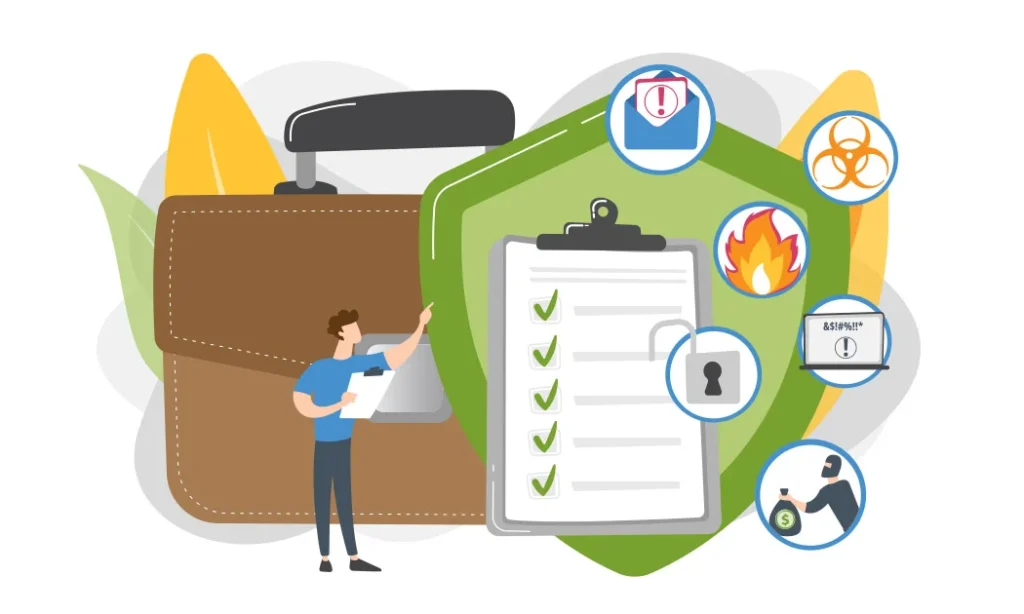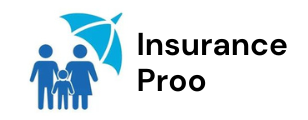Business Insurance

One kind of insurance that covers a business lost revenue following a calamity is business interruption insurance. The covered revenue loss may result from the business facility closing as a result of a disaster or from the process of rebuilding following a disaster. Numerous scenarios are covered by business insurance, such as workplace accidents, liability claims, theft, fire, legal expenses, document loss, or business disruption. Businesses will be protected from damages resulting from unforeseen circumstances that may arise during normal business operations by having business insurance coverage. There are numerous varieties of business insurance available. It covers risks related to employees, litigation, and property damage. Small business owners are exposed to personal financial risk in the event of a loss, so they should carefully assess their insurance needs. A business owner might engage with a reputable, knowledgeable, and licensed insurance broker if he doesnt think he can evaluate business risk effectively and the need for coverage.
Business Insurance Types
The following are the many kinds of business insurance:
(1) Insurance for Professional Liability:
Insurance for professional liability must protect against allegations of negligence brought about by mistakes or performance shortcomings. Coverage for professional liability is not universal. Every industry has particular issues that must be taken care of.
(2) Insurance for Real Estate:
Furniture, merchandise, signage, and equipment are all covered by property insurance in the case of a fire, storm, or theft. However, catastrophic occurrences like earthquakes and floods are not covered. You will require a different policy if such problems are likely to arise in your location.
(3) Insurance for Your Home:
Commercial property insurance, for example, is not covered by homeowner policies for home- based enterprises. Ask for additional equipment and inventory coverage if you run a home business.
(4) Insurance for Product Liability:
Insurance against product liability is crucial if your company produces goods that are sold. Any business that has losses from its products could end up being named in a lawsuit. Product liability insurance shields a company in these situations.
(5) Automobile Liability:
Every vehicle used for work must have complete insurance. Companies ought to carry third- party liability insurance. On the other hand, comprehensive insurance will also protect the car in case of an accident.
(6) Insurance for Workers Compensation:
Employee benefits are provided by workers compensation insurance in the event that an employee is ill or injured at work. These advantages may assist: Cover their medical expenses If they miss work to heal, make up the majority of their missed income. Pay for their funeral expenses should they pass away from an illness or injury sustained at work. Pay for continuous medical care, such as physical therapy. Businesses that employ people are typically required by law to maintain workers compensation insurance. If you break the law in your state, you may be subject to fines, penalties, and even criminal prosecution.
(7) Data Breach Insurance: In the event that personally identifiable information is lost or stolen, data breach insurance assists your company in responding to a data breach. Insurance for cyberspace may be the term used by some insurers. Insurance against data breaches can assist with costs for: Notify those who are affected Provide services for monitoring identity theft. Launch a campaign for public relations.
(8) Insurance for Commercial Umbrellas: Certain of your liability plans coverage limits are increased by commercial umbrella insurance. In the event that a claim beyond the policy limits, your umbrella insurance may assist in making up the difference.
(9) Insurance for Commercial Property: Insurance for commercial property helps safeguard the equipment and buildings you own or rent and use for conducting business. Note that this insurance does not cover flood or earthquake damage. To help shield your company against these types of claims, you probably need to get a separate policy, such as commercial flood insurance.
What benefits does corporate insurance offer? Getting corporate insurance for your company has many advantages. These are the following:
- Business insurance supports the expansion and enhancement of a vendor network and customers. Businesses typically investigate a client financial stability prior to signing a contract with them. Among these is the client insurance coverage for business hazards. Some even demand that their clients obtain insurance before engaging in any business dealings.
- Workers are an organization most valuable resource and are essential to its success. Therefore, it becomes imperative to look after their health and wellbeing. Employers can provide group health insurance to their staff members. A crucial component of business insurance is additional key man insurance. In turn, it gives the workers a sense of security as well, which raises productivity.
- Corporate insurance mainly shields the business against revenue losses brought on by any serious calamities.
- In order to be reimbursed for any losses due to theft or natural catastrophe damage, corporate insurance is required to safeguard the company material assets, such as computers, furniture, and stock.
CONCLUSION:
Businesses are protected by business insurance from losses resulting from unforeseen circumstances that may arise during normal business operations. There are numerous varieties of business insurance available. It covers risks related to employees, litigation, and property damage. An insurance policy is a legal agreement between a policyholder and an insurance company that provides the policyholder with financial protection or reimbursement against losses. In order to reduce the insured's payment costs, the company combines the risks of its clients.
